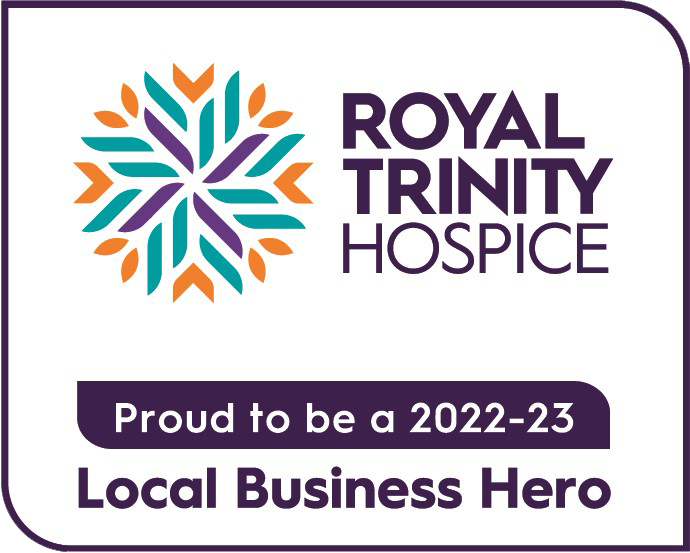
Wizard idea
Even the keenest observers of health news might be surprised to learn that there is another ambulance strike today, Friday. The BBC homepage affords the news with little more than a “Strikes Update: How Friday 10 February’s walkouts will affect you”.
The ambulance strike has slipped from front page news, and the nurses and physios may go the same way. Which is, perhaps what the government is banking on – that is, a sort of French-style semi-permanent strike mode which will be met with a roll of the eyes and shrug of the shoulders. At least for all those not waiting desperately for the arrival of an ambulance.
So, it was good to see a little ray of positive sunshine peak through the otherwise unrelentingly gloomy NHS discourse recently.
The Times’ Health Commission, which was set up at the beginning of this year, featured the exemplary work that is going on in Somerset. Health leaders there recognised that many traditional models of healthcare are not fit for the future. It would appear that the difference here is that they have done something about it.
The county of Somerset provides a stark warning for us all. It has a significantly higher proportion of its 580,000 residents over the age of 65. And that is the way the nation is going. Demographic projections indicate that the 65+ group will increase by a third over the next 20 years. More people needing care, fewer people to provide it.
Somerset has seemingly achieved what many local health economies struggle to do – that is, to join up health (NHS) and care (local authority). It’s keeping all but the most unwell out of expensive-to-run hospitals and facilitating their timely discharge if they’ve been admitted.
One of the largest GP practices handles around 250 calls a day – of which only around one in 20 require a face-to-face appointment. Their multidisciplinary call centre system works like NHS 111 should. Plus, there’s sensible use of remote monitoring technologies and social prescribing.
The private sector has helped, too. One of the largest local providers of home care, Bluebird, has introduced minimum £23k salaries and full time contracts. This, in a sector that is notoriously badly paid and understaffed, has helped their staff recruitment and retention rates and supports the work of the NHS.
Perhaps it should come as no surprise that the county in which you’ll find the dream catching, crystal healing, Wizard-watching centre of alternativism, Glastonbury, should offer us a different way of doing things.
A few years back (that’s about four health ministers ago), the Compassionate Frome project was launched. It leveraged existing social networks to improve health outcomes and was essentially about connecting people with other people (not necessarily clinicians). It claimed some remarkable results in reducing medicalisation and keeping people out of hospital.
It’s testament to the Times Health Commission that the Somerset model got the coverage it has. We could all do with a few more.
Follow Salix & Co on Twitter @salix_says and more daily health and social care news and comment at Salix Bureau

